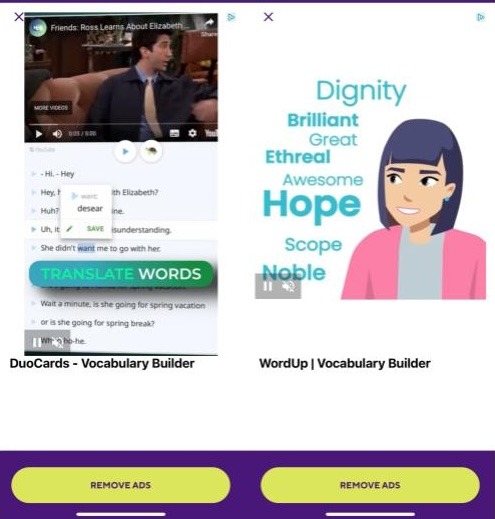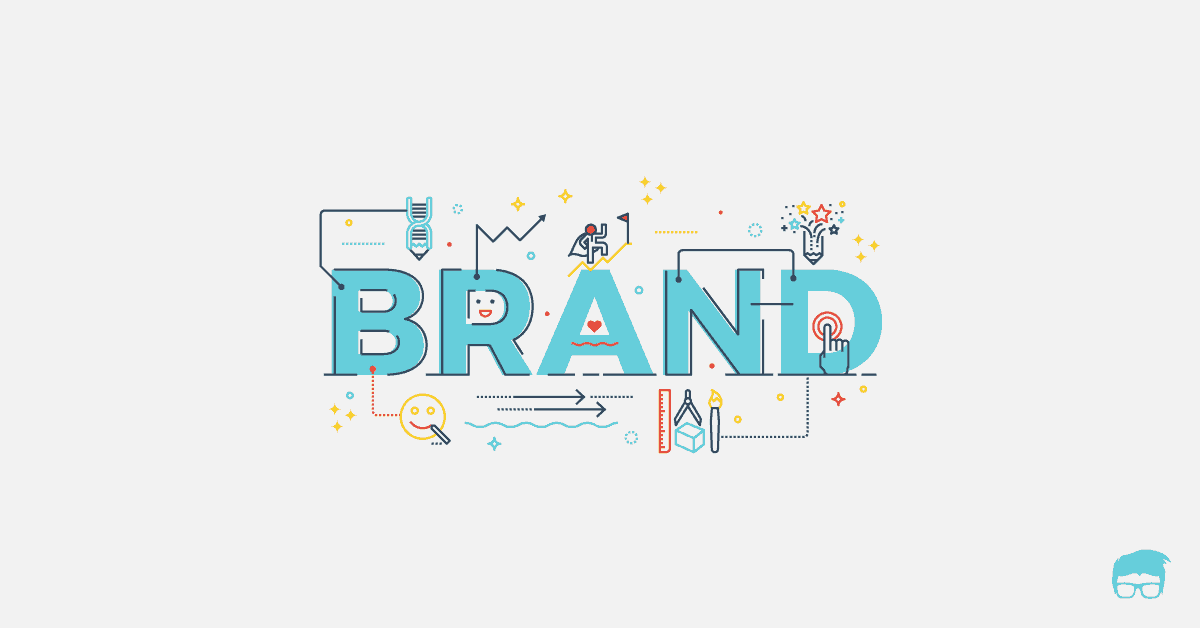If we are all honest, how many of us marketers, while wielding the power of third-party data for audience targeting, also hit "reject all cookies" with ninja-like reflexes? I can confess first.

And when the option to say no becomes easier and more convenient, there's obviously a growing disconnect between the tools we use and the online experience we expect as users.
This internal struggle is a clear sign: we like relevant advice and services, but we don't want everything we do online to be sold to advertisers like we're being watched 24/7. So the privacy regulations are tightening, and browsers are taking a stand.
The clock is ticking, and the shift is happening fast. Just look at the timeline:
- 2016: Safari throws the first punch, blocking third-party cookies by default.
- 2017: The EU enforces GDPR, giving users more control over their data. California follows suit with CCPA in 2018.
- 2019: Firefox joins the anti-cookie movement.
- 2020 (and beyond): Google announces plans to phase out third-party cookies in Chrome, the most popular browser.
- 2025: Chrome to make cookies absolute by 2025
See where this is going? It's time for marketers to get ready to seize the initiative in a cookieless world, or else we will be left behind in a passive position with outdated approach and effectiveless tactics.

The death of the third-party cookie throws a wrench into our marketing plans in two key ways:
- Targeting Troubles: Previously, we can build audience segments based on browsing history, interests, and demographics gleaned from cookies. This allowed for highly targeted ads likely to resonate with specific user groups. Without those detailed user profiles from third-party data, finding and reaching our ideal audience becomes a challenge. It's like trying to hit a target blindfolded – not exactly a recipe for success.
- Measurement Mystery: Accurately measuring campaign performance also becomes trickier. Third-party cookies were used to track user journeys across different touchpoints and attribute conversions to specific ad impressions. Without them, we will struggle to understand which campaigns are driving conversions and optimize our budget allocation effectively.
It's challenging, but it's not a dead end.
Instead, I see it as a chance to rewrite the marketing rulebook and build stronger, more transparent relationships with our customers.
Here is how:
Targeting in a Cookieless World:
First-Party Data: The Cornerstone

When third-party data is so easy to use, we have long overlooked the treasure of first-party data, which offers a wealth of information directly from our customers. Think about it: website interactions, sign-ups, loyalty programs, and permission-based marketing efforts – all these create a rich tapestry of data that tells us exactly who our customers are and what they're interested in.
It might not be as vast as the third-party cookie buffet we're used to, but the quality and relevance are unmatched. This data becomes the cornerstone of our new targeting strategy, allowing us to reach the right audience with laser focus.
Tools: CRM platforms, website analytics tools, marketing automation software.
Advantages: We have more control over the data, gain a deeper understanding of our customers, and build trust and loyalty through transparency.
Contextual Targeting: The Right Message, Right Place
 (some ads i receive on Drops)
(some ads i receive on Drops)I am using Drops to learn Spanish. As a free user, I have to watch an ad after each session. But here's the interesting part: thanks to turning off all cookie tracking on my devices, the ads I see are mostly for other language learning tools! It's like Drops has become my personal language learning advisor, recommending relevant options based on my activity. This is a real-life example of contextual targeting in action – ads that seamlessly align with what the user is already engaged with.
Imagine sports equipment ads displayed alongside articles about the upcoming game? That's the idea! Contextual targeting focuses on the content itself, not individual user data. It's like placing the right building blocks in your marketing strategy – showing relevant ads to users actively interested in that topic.
Tools: Google Display Network (GDN), Social Media Advertising Platforms, and Supply-Side Platforms (SSPs) like OpenX, and PubMatic.
Advantages: Enhanced ad relevance, improved user experience, works well alongside first-party data strategies.
Build a Strong Brand: The Unwavering Foundation

While not explicitly a data-driven solution, a strong brand built on trust and positive experiences goes a long way in attracting and retaining customers. Think of it as the solid foundation upon which you build your marketing strategy – a strong brand allows you to connect with users on an emotional level, fostering loyalty and encouraging them to share their data more readily (zero-party data).
Advantages: A strong brand can help attract and retain customers even if targeting becomes less precise.
Measurement in a Cookieless World
Server-Side Tracking: The New Measuring Tape

The tech wizards are on it! New solutions are emerging that allow us to track conversions and measure campaign performance without relying on cookies. Server-Side Tracking collects data on the advertiser's server instead of the user's browser, potentially mitigating the impact of cookie restrictions.
Tools: Many marketing platforms and analytics tools are incorporating server-side tracking capabilities. Platforms like Google Analytics 4, Adobe Analytics, and Piwik Pro offer such solutions. Identity solutions are offered by companies like LiveRamp and Neustar.
Zero-Party Data: Building Trust Brick by Brick

This is where we incentivize users to share their preferences directly. By offering engaging surveys, quizzes, and preference centers, we can encourage users to tell us exactly what they're interested in, which campaign attracted them, and where they get to engage with us.
It's not just about gathering valuable data, but also fostering a sense of transparency and building trust with your audience- this is zero-party data in action.
Tools: Website forms, surveys, preference centers, interactive content.
Advantages: Highly accurate and relevant data, strengthens brand-customer relationships, fosters trust and transparency.
Complex Attribution Models with AI: The Data Detective

Gone are the days of simple first-click or last-click attribution. In a cookieless world, we need to adopt more sophisticated models that take into account the entire customer journey across different touchpoints. Here's where Artificial Intelligence comes in. AI can analyze vast amounts of data to identify patterns and attribute conversions more accurately, even without cookies. Think of it as having a data detective on your team – AI helps you understand the complex web of interactions that lead to conversions.
Tools: Marketing platforms with built-in attribution modeling capabilities, AI-powered marketing analytics tools like Tealium, TapClicks, and Singular.
Advantages: Provides a more holistic view of the customer journey, improves campaign optimization, and allows for more effective budget allocation.
The Future is Bright (and Privacy-Focused!)
The demise of the third-party cookie might seem like a hurdle, but it's a chance to evolve. By focusing on first-party data, contextual targeting, building a strong brand, embracing new measurement solutions like server-side tracking, and utilizing zero-party data and AI-powered attribution models, we can continue to construct successful marketing strategies in a future that respects user privacy. So, let's roll up our sleeves and get to work building a future of marketing that's strong, effective, and respectful of our customers' privacy!
_photo.jpg?width=50&height=50&name=Wei(Alice)_photo.jpg)
Jun 24, 2024 11:02:47 AM

%20(1).jpg?width=520&height=294&name=email%20marketing%20(1)%20(1).jpg)

.png?width=1500&height=268&name=New%20Project%20(1).png)